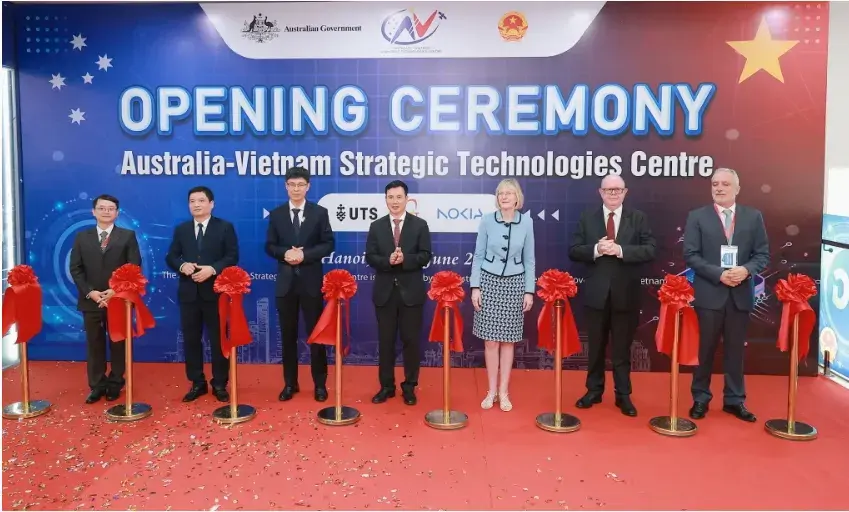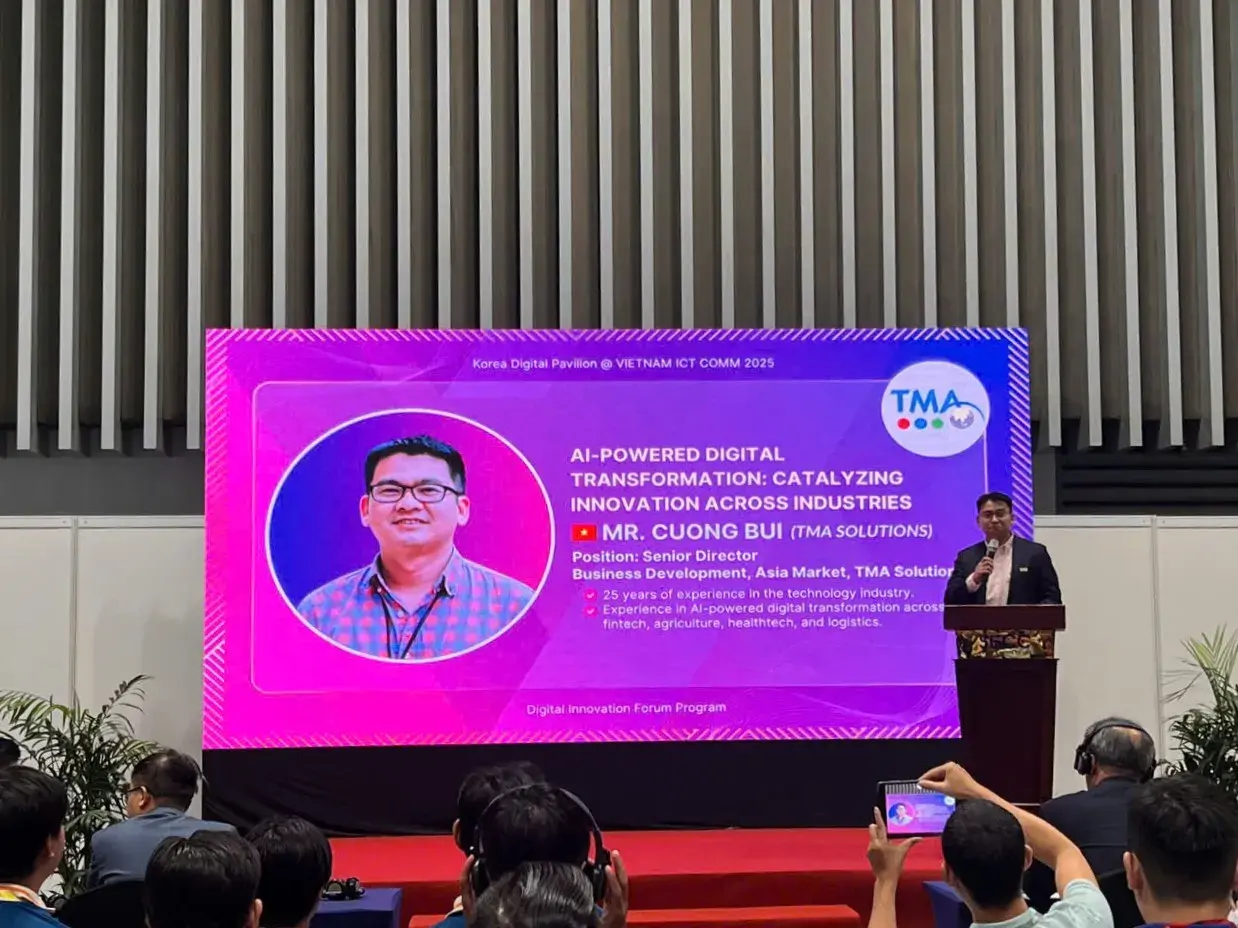The rapid advancement of technology has transformed industries worldwide, and Vietnam is no exception. As automation continues to evolve, it presents both opportunities and challenges for workers and businesses alike. This article explores the fine line between leveraging technology to enhance productivity and the potential risks of using it to control and exploit workers.
The fourth industrial revolution: A double-edged sword
The Fourth Industrial Revolution marked a significant shift in the global economy, with automation playing a central role. Unlike previous industrial revolutions, which primarily replaced manual labor with machines, this new wave of automation is increasingly capable of performing cognitive tasks traditionally reserved for humans. Technologies such as sensor technology, machine learning (ML), and artificial intelligence (AI) have empowered machines to create products tailored to individual needs, challenging the very nature of human work.
While automation has undoubtedly increased efficiency and productivity, it has also raised concerns about the future of human employment. As machines become more capable of performing complex tasks, certain categories of jobs, particularly those that involve routine cognitive functions, are at risk of being automated out of existence. The garment and footwear industries in Vietnam, for example, still rely heavily on manual labor, but this advantage may diminish as technology becomes more cost-effective and sophisticated.
The ethical dilemma: Managing versus controlling workers
As businesses in Vietnam increasingly adopt automation, a critical ethical question arises: How can technology be used to manage workers without crossing the line into controlling them? This question is particularly relevant in industries where the adoption of technology is accelerating, such as manufacturing and services.
In some cases, businesses have used technology to monitor workers' productivity, attitude, and behavior. Closed-circuit television (CCTV) cameras, for example, are often installed in workplaces to ensure that workers are performing their duties efficiently. In more extreme cases, businesses have equipped workers with wearable technology, such as gloves or clothing embedded with chips, to monitor their movements and progress in real-time.
While these measures can undoubtedly improve productivity and efficiency, they also raise serious concerns about workers' rights to privacy and personal freedom. The data collected through these technologies can be used to exert undue pressure on workers, creating a work environment where individuals are constantly monitored and evaluated. In some instances, businesses may even use this data to threaten or manipulate workers, particularly if they wish to leave or challenge the company's practices.
The role of workers and trade unions in shaping the future
As automation continues to reshape the labor market in Vietnam, it is essential to involve workers and trade unions in the decision-making process. According to Dr. Pham Thi Thu Lan, a labor expert interviewed by FES, the participation of workers and their representatives is crucial in ensuring that technology is used responsibly and ethically.
By involving workers in discussions about the use of technology and data in the workplace, businesses can create a more transparent and fair work environment. Trade unions can play a vital role in advocating for workers' rights and ensuring that their voices are heard in these discussions. This collaborative approach can help strike a balance between the benefits of automation and the protection of workers' rights.
The risks of data commodification
One of the most concerning aspects of the increasing use of technology in the workplace is the potential for data commodification. The personal data collected through monitoring technologies can be highly valuable, not only to the businesses that collect it but also to third parties who may be interested in purchasing this information.
The commodification of personal data raises significant ethical and legal questions. When workers' data is treated as a commodity, it can be used in ways that are detrimental to their rights and well-being. For example, businesses may sell this data to other companies, leading to a loss of control over personal information. This practice can also exacerbate the power imbalance between employers and employees, as businesses may use the threat of data exploitation to maintain control over their workforce.
A call for responsible automation
As Vietnam continues to embrace the possibilities of automation, it is essential to approach this technological shift with caution and responsibility. While automation offers numerous benefits, including increased productivity and efficiency, it also presents significant risks to workers' rights and well-being. Businesses must carefully consider the ethical implications of using technology to manage and monitor their workforce.
Involving workers and trade unions in the decision-making process is a crucial step toward ensuring that automation is used in a way that respects workers' rights and promotes a fair and just work environment. By striking the right balance between innovation and ethics, businesses in Vietnam can harness the power of automation while safeguarding the dignity and freedom of their workers.
Source: FES



.webp_2025-06-11-10-46-13-738.webp)